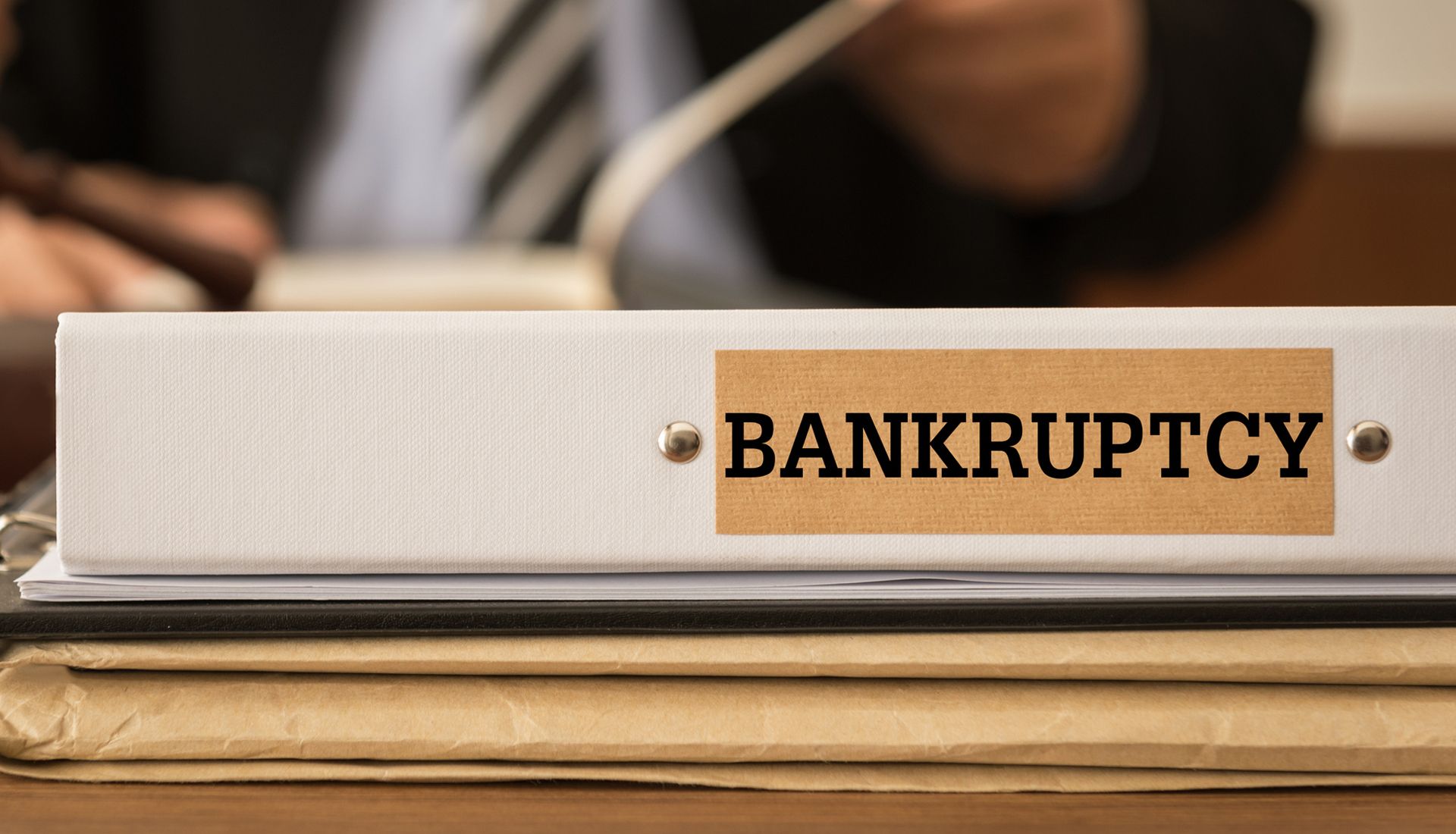Blog Layout
Secured lender paid 100 cents in the dollar
Hamilton Calvert Advisory
Persistence pays off

We are proud to advise of a recent success in the office.
Lakshay Pahuja, is a key and valued member of our staff, Lakshay has been working tirelessly on a liquidation that required us to sell medical Lazer equipment, not an easy task due to the following:
- The possession and location of this equipment is subject to the Tasmania Health Act and Government approval is needed to move the equipment;
- Our landlord refused entry to take possession in any event;
- Lakshay’s great work got our firm and the landlord on the same page;
- The equipment released had to be locked down by a qualified technician;
- The premises we stored the equipment in also had to be approved;
- We had to find a buyer knowing that would be a mainland business;
- We had to consider the legislative requirements in NSW;
- We had to move the equipment to another safe location in order to safety test and show the items were fit for purpose;
- We had to arrange an independent report to prove the equipment was in proper working order and not leaking radiation;
- Sale to a new business had to be made by an intermediary holding funds in escrow; and
- Lakshay did a marvellous job in sorting the wheat from the chaff each step of the way and finding buyers.
Congratulations Lakshay your persistence paid off, not only did you sell the gear you got the secured lender paid out 100c in the dollar a fantastic result!

By Kiara Calvert
•
16 Apr, 2024
Success Story – Retail Business THE BUSINESS A well established retail business located in Tasmania operating for over 16 years. The business had experienced a reduction in sales due to a competitor commencing business in the region coupled with the director sustaining a lifestyle using company funds instead of addressing tax debt. THE SOLUTION Hamilton Calvert Advisory worked with the director to establish change in business practices, long term viability of the business and assisted with the creation of a repayment proposal to creditors. We worked closely with the ATO (major creditor) to negotiate any potential issues with the restructuring proposal, which was ultimately accepted. Within 3 weeks of the plan being approved, creditors received a dividend of 22c/$ and the business reduced its unsecured debt by $330,185 (45%). As a result of a change in business practices and the small business restructure process the company is now operating successfully. COMPANY FINANCIAL PROFILE PRIOR TO RESTRUCTURE ATO debt $723,808 Director had received Director Penalty Notices for unpaid SGC superannuation and PAYG withholding tax - $228,166 (personally liable) ATO had commenced proceedings to wind up the company, but had not filed with the Court at the time of our appointment COMPANY PROFILE AFTER SBR RESTRUCTURE Restructure Plan accepted by creditors Director paid Director Penalty Notices - $228,166 (from sale of property) – outside of SBR plan Director contributed $165,457 for SBR proposal SBR dividend 22c/$ Debt reduced by $330,185 (45%) Improved wellbeing of director Employee job security DEBT PERMANENTLY WRITTEN OFF = 45%

By Barry Hamilton
•
15 Apr, 2024
What happens to my superannuation if I become bankrupt? As bankruptcy will result in available assets being realised it is important to consider the status of your superannuation balances. Superannuation is not a personal asset and is held on trust for you and governed by superannuation law and for this reason it is not available to your trustee but is also protected by section 116(2)(d) of the Bankruptcy Act 1966 . It is important that you do not withdraw superannuation as a lump sum during bankruptcy as it would become a personal asset and available to your estate. If you entered into pension phase during bankruptcy, then the annual payment would be assessed as part of your income and you may be required to make a contribution to your estate. Can I have a self-managed super fund during bankruptcy? Once you become bankrupt you can no longer be trustee of your own super fund, if you are a director of a company that is trustee of your superfund you can no longer act in that role as a bankrupt cannot be a director of a company. If you have a self-managed superfund you should speak to your financial advisor prior to becoming bankrupt so proper planning can be put in place in order for your superannuation to remain protected. Does bankruptcy affect any life insurance? Section 116(2)(d) of the Bankruptcy Act 1966 provides that policies of life insurance held by the bankrupt and/or their spouse or de facto partner are exempt property where the proceeds of such policies are received on or after the date of bankruptcy and become protected money. This can also extend to property purchased with protected money so it remains unavailable to a bankruptcy trustee to realise. Protection will only be available on or after the date of bankruptcy - not before. If insurance proceeds or superannuation is received before bankruptcy and placed in a bank account or used to purchase real estate it is not afforded the protection of being exempt property and will be available to creditors. Please do not hesitate to contact our firm for a free, initial confidential consultation to discuss your options available.

By Barry Hamilton
•
15 Apr, 2024
At the date of bankruptcy all of your divisible property vests in your trustee. Divisible property is all property except excluded items such as tools of trade, principal means of transport (both up to threshold limits) and household furniture. As bankruptcy normally operates for three years and one day section 116(1)(a) of the Bankruptcy Act 1966 deals with property acquired by you after the date of bankruptcy and before your discharge date. Section 116(1)(a) of the Bankruptcy Act 1966 devolves after acquired property in your estate and is therefore payable to the trustee. If your rights to receive property from a deceased estate accrue during this period then the right is claimed by your trustee. Even if the estate was not finalised until after the date of discharge the right to receive the entitlement accrues prior to the date of discharge and therefore forms part of your estate. A bankrupt is required to disclose all property and failure to report a deceased estate may result in: Your bankruptcy being extended up to eight years. Prosecution due to failure to disclose asset. Section 265 of the Bankruptcy Act 1966 provides a penalty of up to one years imprisonment for not disclosing an asset to a trustee. Please do not hesitate to contact our firm for a free, initial confidential consultation to discuss your options available.

By Kiara Calvert
•
15 Apr, 2024
1. Who can go bankrupt? Bankruptcy only applies to individuals and not companies. In cases where businesses operate as sole traders or partnerships, only the individual/s can become bankrupt, not the business entity itself. 2. What is bankruptcy? It’s a legal process where a person is declared bankrupt if they are unable to pay their debts due to creditors and a bankruptcy trustee is appointed to manage the individual’s bankruptcy. 3. Can I earn income whilst I’m a bankrupt? There is no limit to the amount of income that you can earn while you are a bankrupt, however, if your after tax income exceeds a set amount, you may have to pay contributions from your income to your trustee. This amount changes with the number of dependents you have. 4. Will I lose my job? Being bankrupt doesn’t normally stop you from working, but there are restrictions to be aware of: · Some trades and professions restrict you from working if you are a bankrupt; and · Whilst you are a bankrupt you can’t be a company director or officer. 5. Can I keep my car? Being a bankrupt doesn’t always stop you from owning a vehicle, however, there are some restrictions. In order to keep your vehicle: 1. The value of the vehicle must be below a set amount; 2. The vehicle is your primary means of transport; and 3. You maintain repayments on your vehicle if it is under finance. 6. Can I keep my house? That depends on a few factors including: How much is owed to the bank; Your financial interest in the house; and The rights of your partner or co-owner 7. How long does bankruptcy normally last? The rule is three years and 1 day, however in some cases early discharge may be available.

By Kiara Calvert
•
15 Apr, 2024
Lets face it, owning a business in the last couple of years has been tough – the covid-19 pandemic, rising interest rates and escalating costs across various sectors, including labour, materials, rent and utilities. These factors have made it difficult for a business to maintain financial stability and profitability. If your business is struggling, you should ask yourself one question? Are your accounts and lodgements up to date? If not, you should contact your accountant to bring these lodgements up to date and to see if they can assist you in managing your debt and achieving financial viability. Secondly, if your business is still struggling you should seek advice from a professional advisor to discuss your specific circumstances and options available. You should avoid a head in the sand approach. Ignoring financial difficulties will only make the situation worse. When you’re dealing with financial stress, it can be difficult to see the bigger picture and make rational decisions. Seeking guidance from an independent and trustworthy advisor can provide clarity and perspective, helping you make informed choices about your business. Be proactive in seeking guidance as earlier engagement often provides more options available and can help alleviate stress by providing solutions and a roadmap for dealing with your financial situation. Don’t delay in seeking help, the time to act is now! Please do not hesitate to contact our firm for a free, initial confidential consultation to discuss your options available.
Quick Links
Contact Information
Level 1/63 Salamanca Pl, Battery Point, TAS 7004
Registered Liquidator
Registered Trustee in Bankruptcy
Small Business Restructuring Practitioner
Business Hours
- Mon - Thu
- -
- Friday
- -
- Sat - Sun
- Closed
Public holidays Closed
Public holidays Closed
ABN: 27 093 137 305
Liability limited to a scheme approved under Professional Standards Legislation.
Content, including images, displayed on this website is protected by copyright laws. Downloading, republication, retransmission or reproduction of content on this website is strictly prohibited. Terms of Use
| Privacy Policy





